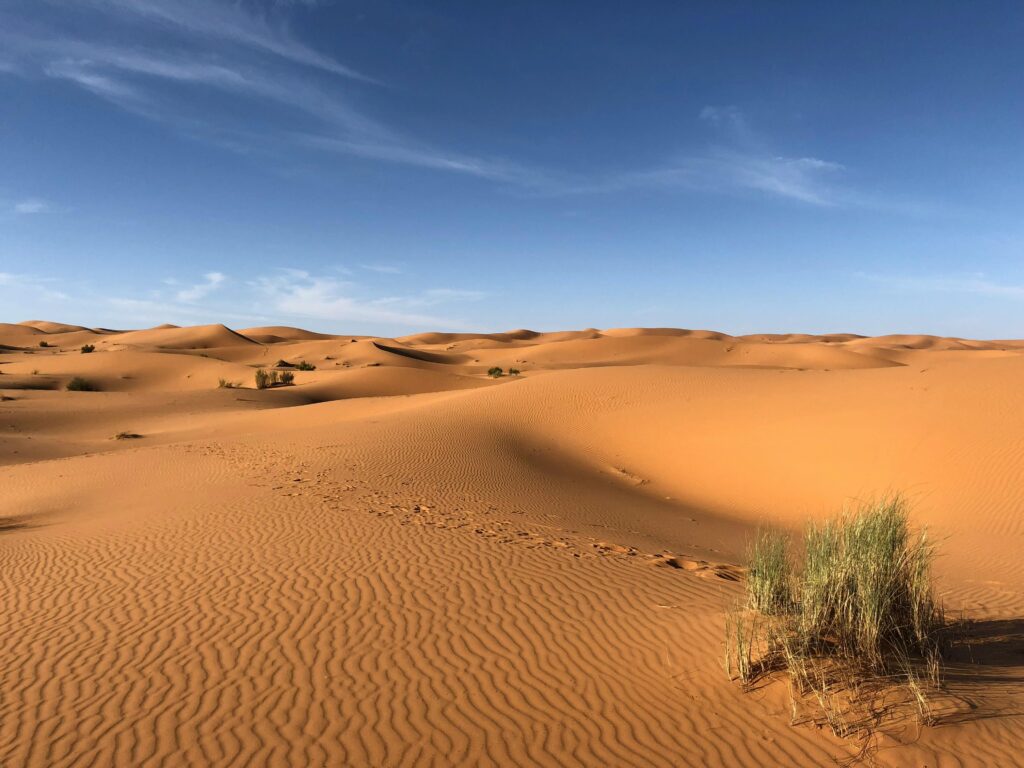In the arid landscapes of North Africa lies a region entangled in a complex web of geopolitical tensions – Western Sahara. The quest for peace in this disputed territory has proven to be a protracted and intricate endeavor, with various stakeholders vying for influence and control. In this blog post, we will delve into the historical context, the key players involved, and the ongoing efforts to find a lasting resolution to the Western Sahara conflict.
Historical Background:
The origins of the Western Sahara conflict can be traced back to the decolonization process in the mid-20th century. As former European powers relinquished their colonial holdings, Spain continued to administer the Western Sahara, leading to simmering tensions among the indigenous Sahrawi people, who sought self-determination. In 1975, Morocco and Mauritania both claimed territorial rights, setting the stage for a protracted dispute.
Key Players:
Morocco: With its historical ties to the region and economic interests, Morocco has consistently asserted its claim over Western Sahara. The construction of a massive sand barrier, known as the Berm, has been a symbol of Morocco’s control over the majority of the territory.
Polisario Front: Formed in 1973, the Polisario Front emerged as the voice of the Sahrawi people’s quest for independence. Backed by Algeria, it declared the Sahrawi Arab Democratic Republic (SADR) in 1976. The Polisario Front has engaged in sporadic armed conflict with Moroccan forces.
Algeria: As a regional power, Algeria has played a crucial role in supporting the Polisario Front. The country’s strategic interests and historical ties to the Sahrawi cause have made it a key player in the quest for a resolution.
International Efforts:
The United Nations has been at the forefront of international efforts to find a peaceful resolution to the Western Sahara conflict. The establishment of the United Nations Mission for the Referendum in Western Sahara (MINURSO) in 1991 aimed to facilitate a referendum allowing the Sahrawi people to determine their political future. However, the referendum has been repeatedly postponed due to disputes over voter eligibility and other logistical challenges.
The Quest for Peace:
Despite numerous diplomatic initiatives and peace talks over the years, a comprehensive resolution has remained elusive. The geopolitical intricacies involving regional powers, economic interests, and the complex history of the conflict have created a formidable challenge for peacemakers. Recent efforts have focused on revitalizing the negotiation process, with various rounds of talks facilitated by the United Nations.
The human cost of the conflict cannot be overstated, with thousands of Sahrawi refugees living in camps in Algeria, enduring harsh conditions as the protracted dispute continues. The international community’s calls for a just and lasting solution echo, emphasizing the urgency of finding common ground among the stakeholders involved.
Conclusion:
The Western Sahara conflict stands as a poignant example of the challenges inherent in resolving deeply rooted geopolitical disputes. The quest for peace requires a delicate balance of political will, compromise, and international cooperation. As the world watches and hopes for a breakthrough, the people of Western Sahara yearn for a resolution that will bring stability, justice, and the realization of their right to self-determination. The path ahead may be fraught with obstacles, but the pursuit of lasting peace remains a noble and imperative endeavor in the complex landscape of North African geopolitics.








